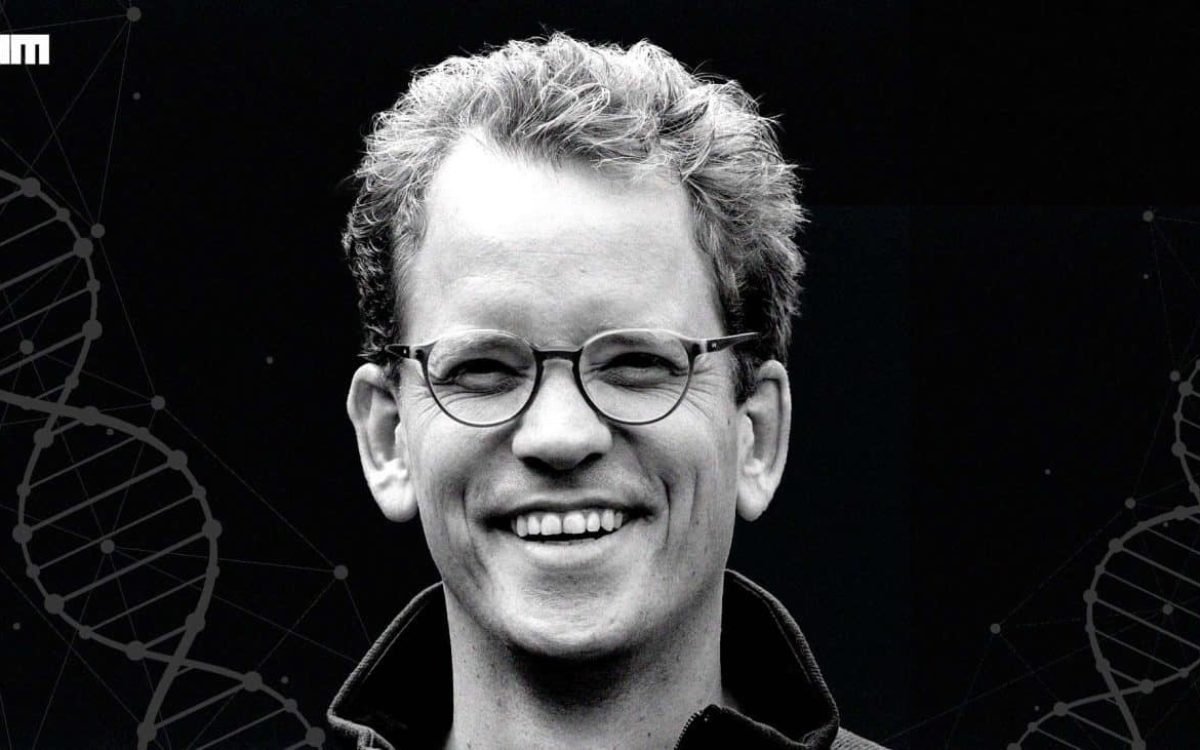Unveiling Cradle’s Innovative Approach
In a groundbreaking development, Cradle, a European biotech startup, is leveraging the power of artificial intelligence (AI) to revolutionize protein engineering. Inspired by models like ChatGPT and Transformer-based Bert, Cradle employs generative AI to accelerate the design and engineering of proteins, offering a faster and more cost-effective approach to medical research and drug development.
Engineering Proteins with AI
Similar to the concept of prompting a language model to complete a sentence, Cradle inputs DNA descriptions or molecular requirements and generates optimized protein sequences tailored to specific functionalities, such as binding to cellular targets or enhancing solubility. This innovative approach streamlines the protein engineering process, enabling researchers to rapidly iterate and experiment with potential solutions.
Accelerating R&D with AI Models
Cradle’s proprietary AI models have demonstrated remarkable advancements, effectively doubling the pace of research and development (R&D) projects compared to traditional methods. By harnessing AI’s predictive capabilities, Cradle empowers scientists to achieve their research goals more efficiently, ultimately driving progress in medical science.
Challenges and Solutions: Data Scarcity and Feedback Loops
Despite the promise of AI in protein engineering, challenges persist, particularly regarding data scarcity and slow feedback loops. Unlike training language models with abundant internet data, Cradle faces the hurdle of limited protein datasets. To overcome this, the company leverages its in-house laboratory to generate specialized training sets, facilitating faster model learning.
Additionally, the delayed feedback loop in experimental validation poses a challenge, contrasting with the instantaneous feedback in language model training. Despite these obstacles, Cradle remains committed to optimizing its processes and maximizing efficiency in protein engineering.
Impact and Future Prospects
Cradle’s innovative approach to protein engineering holds immense potential for addressing real-world challenges in medical research and drug development. By reducing time, cost, and logistical barriers, Cradle aims to democratize access to life-saving treatments and drive the transition towards bio-based products.
Founder, Grieken’s, vision for Cradle extends beyond business success, emphasizing its role in making a meaningful impact on global health and environmental sustainability. With ambitious goals and a dedicated team, Cradle is poised to lead the charge in revolutionizing biotech.
Conclusion: A Vision for a Better Future
As Cradle continues to pioneer advancements in AI-powered protein engineering, the world stands to benefit from innovative solutions to pressing healthcare and environmental challenges. Through collaboration, innovation, and a commitment to societal impact, Cradle embodies the potential of technology to transform lives and shape a better future for generations to come.









